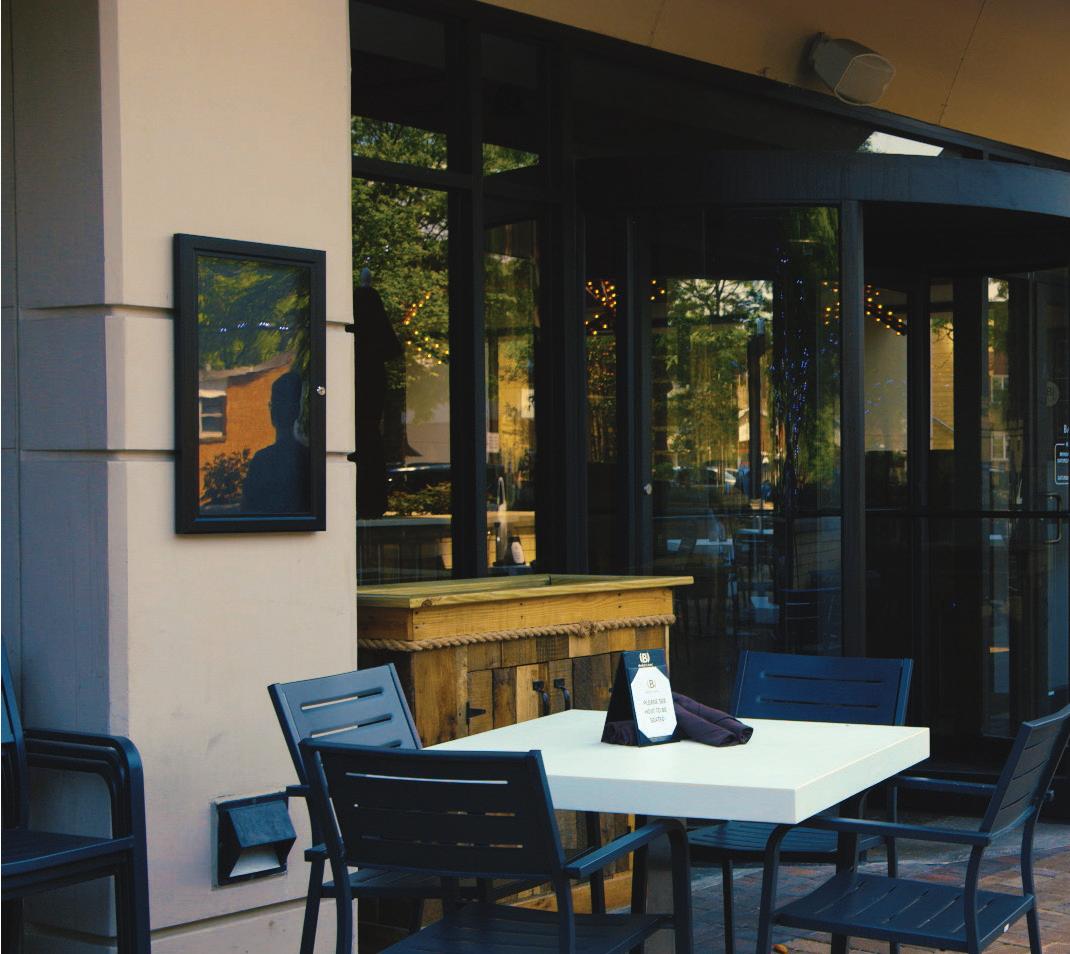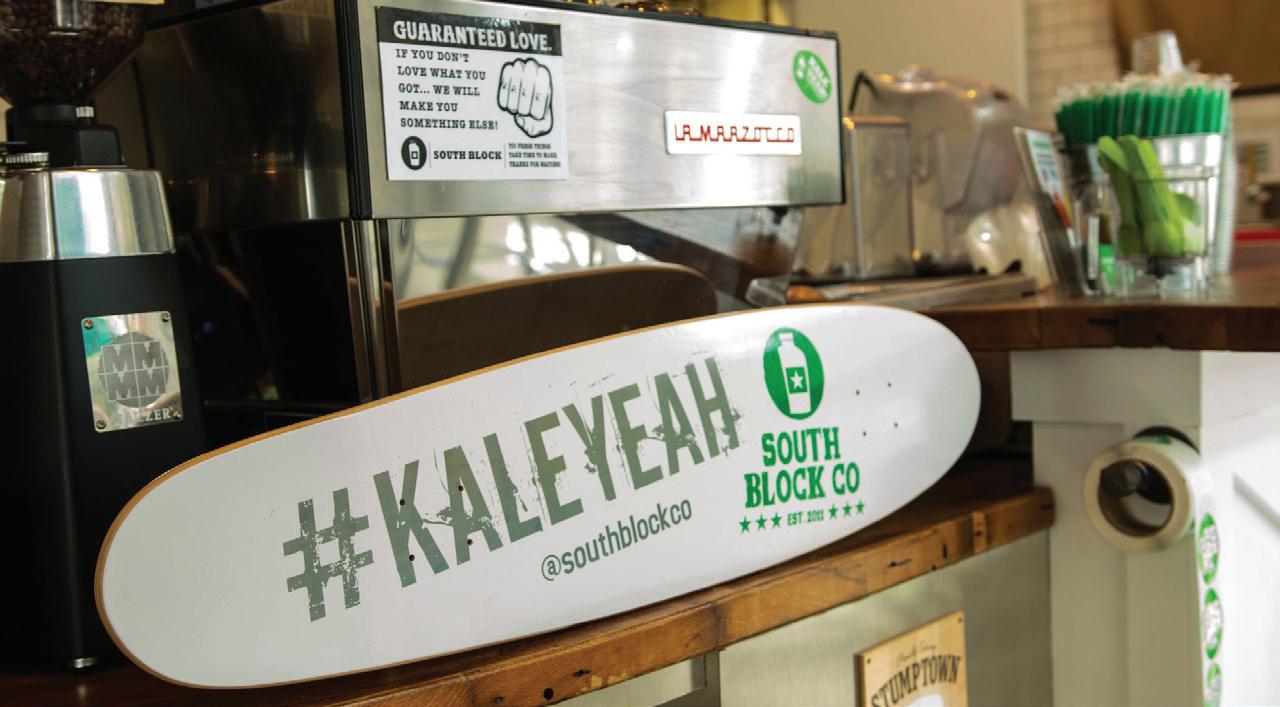
3 minute read
Opening up shop?
By Rick Zambrano
Restaurants look to emerge from temporary closures
Advertisement
As the restaurant industry faces a crisis with the spread of COVID-19, owners and operators have closed restaurants temporarily, and in some cases permanently. The National Restaurant Association reported that 417,000 jobs from eating and drinking places were lost in the month of March, surpassing by far the old record of 67,000. Through April, two-thirds of restaurant jobs had been lost through furloughs and layoffs, according to the Association.
Chicago-based food consultancy Technomic projects that foodservice industry sales could drop as much as 27.5 percent this year. Under these dire circumstances, it’s easy to understand why 11 percent of restaurant operators say they will likely close their restaurants within the next 30 days. Gravitas, a fine-dining restaurant in Ivy City, recently announced they will close their doors temporarily and prepare for a reopening in the late spring once restaurants are allowed to resume full operations. This restaurant is not alone.
Many restaurants in the DMV region and nationally are leased. This pits restaurateurs against landlords, who want to keep their cash flow healthy to pay for mortgages, improvement loans and expenses. According to Anthony Jabaly of Jabaly Law, many restaurant owners will still be obligated to their leases if they close, despite the presence of a health crisis. ”If a lease does not have a force majeure provision excusing the payment of rent under a state of emergency, for instance, and most do not,” there may still be a defense, but the restaurant owner would have to defend himself in court.
Commercial impracticability or frustration of purpose may constitute possible defenses, Jabaly notes, so restaurant owners should review their leases carefully with an attorney. With the current acceleration in the transition to off-premises sales, restaurant owners are also acquiring new skills and entertaining new ideas and methods to propel their businesses forward. Joe Welsh, principal, CORE Restaurant Marketing, says his clients are focusing currently on staff training, as well as preparing for a potentially very different future by looking for support in the areas of business management, marketing and communication with customers.

Restaurant operators are eager to open dining rooms in a manner that is safe for customers and employees. (Shown: Barley Mac).
Photo by Sean Cooper for Eatery Pulse Media.
Jabaly points to loan programs, like the EIDL program and Paycheck Protection Program (PPP), available through SBA-backed funding and made possible by recent action by Congress. Although funding for two popular loan programs ran out, new funding has been approved for the Small Business Loan program by the Senate to the tune of $320B, with $60B set aside for small lenders, an aim to get funds to businesses that usually have trouble accessing loans.
Small businesses, including restaurants, are eager for the new funding as many had been left out. He adds, “One feature of the new loan program is that the debt can be forgiven over time if certain conditions are met, thereby turning it into a grant, for instance.” PPP helps rehire employees through funding payroll at levels going back to February 15, but it also provides for rent, utilities, mortgage payments and interest.
Jabaly notes that fi nancial services companies are also stepping in to provide funding. “Some private industry companies, like Goldman Sachs, have just announced hundreds of millions in economic relief programs for small businesses though,” he says. “What they would look like will become more apparent as processes become implemented.” Restaurateurs should discuss their options with their fi nancial institutions,” suggests Jabaly.
Restaurants will also need help once they have reopened. Assuming they are able to get out of arrears with landlords or negotiate deferrals that are suitable for their business, restaurateurs will need to have the support of business partners and business consultants to accelerate their sales. The future is uncertain, and many business skills may come in handy to be develop a strong discipline that works in whatever situation arises after businesses are allowed to reopen fully.
Coming out ahead after shuttering temporarily is possible, but it requires knowledge of accessible resources and expert advice.



